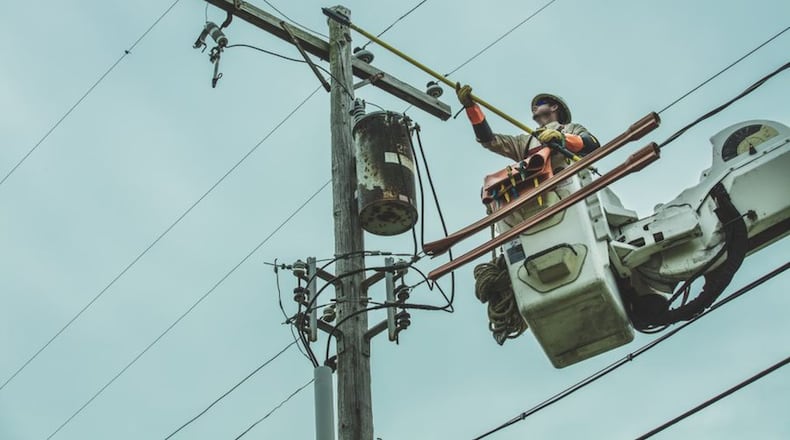Brookhaven used nearly $778,000 of its federal coronavirus relief funds to pay off overdue electric bills for residents and businesses.
The city paid Georgia Power $777,616 to cover delinquent bills that were incurred between March and Oct. 16, according to a news release. The payments covered the overdue bills of 2,446 residential accounts and 110 business accounts.
“Many people have been financially devastated through a decrease of income or an outright job loss,” Mayor John Ernst said in the release. “This is one way we can utilize CARES Act funds to really help those that are in the greatest need.”
In mid-March, Georgia Power issued a ban on shutting off utility service to consumers for unpaid bills amid the coronavirus pandemic. That temporary moratorium was lifted in mid-July, which allowed disconnections for overdue bills to resume last month.
When DeKalb County was allocated $125 million of CARES Act funds from the federal government, county leadership contentiously voted to share roughly a fourth of the money with its 12 cities. Brookhaven received the largest portion, $6.3 million.
The Brookhaven City Council budged the funds in September and the full amount must be spent by Dec. 10, according to a county deadline. Otherwise, any unused funds will go back to the county.
The city allocated about $2.1 million to rent and utility assistance programs, which includes the money paid to cover overdue power bills. Brookhaven will also spend $1.8 million on police salaries and benefits, give nearly $1 million to the Children’s Healthcare of Atlanta, spend $700,000 on technology expenses related to teleworking, use $550,000 to buy cleaning supplies and upgrade county buildings, and spend $100,000 on commercial business support.
The Coronavirus Aid, Relief and Economic Security (CARES) Act greenlit $150 billion in federal relief funds to provide states, counties and large cities with additional funds to weather unexpected costs of dealing with the virus. The money was distributed to counties based on population, but cities with a population less than 500,000 had to rely on county governments to share their portion.
About the Author
The Latest
Featured


